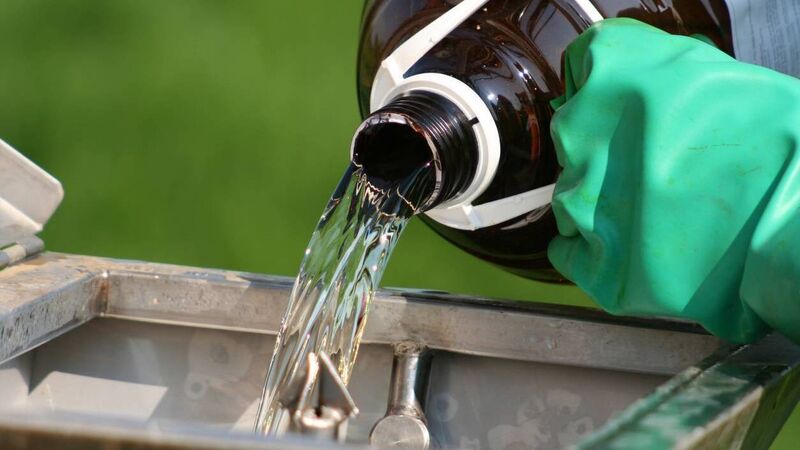Pesticide water contamination incidents halved compared to 2020

The volume of pesticides used in Ireland is relatively low, at 0.64kg/ha of Utilised Agricultural Area (UAA), compared with the EU-27 average of 2.08 kg/ha UAA (2020 data).
The incidences of pesticide contamination in water halved last year compared to 2020.
There were 81 exceedances of the permissible limits of pesticides in water in 2020, but it was down to 40 in 2022.











